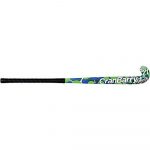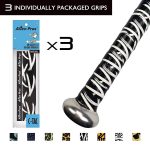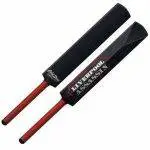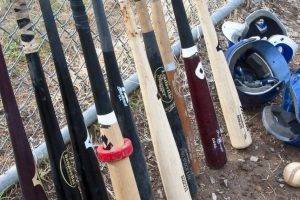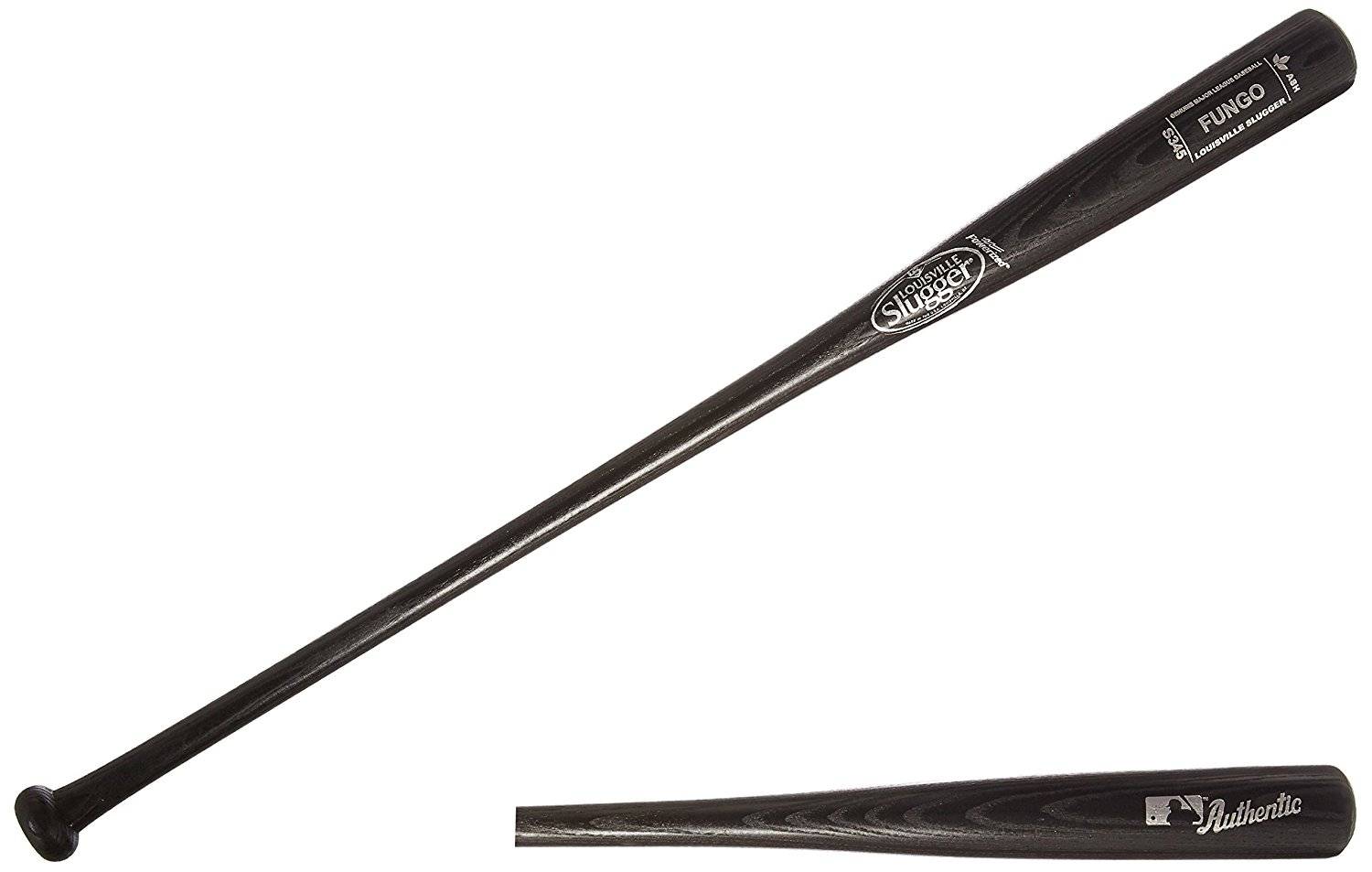
How the bat is made is what differentiates it from the typical regulation bat used by major league players. In addition to being lighter and thinner, the bat is also much longer compared to the normal bat. It ranges between 35 – 37 inches in terms of length. In terms of weight, the bat weighs between 17 – 22 ounces. Of great importance to note is the fact that the bat features a bigger barrel than the normal ones. Since it’s flatter and features a small diameter, it’s ideal when it comes to hitting ground balls as well as pop flies. This would be necessary during the fielding practice of any team regardless of the level.
Why use a Fungo Bat?
The most obvious reasons to utilize a fungo bat is the fact that it’s lightweight. It’s handy to coaches when conducting fielding practice since he or she has to hit plenty of balls to warm up his or her players. What is for sure is that hitting countless balls during practice can be tiring. Consequently, having a bat that’s lighter weight is magical at preventing the coach and/or players from getting tired.
The other reason to use a fungo bat has to do with accuracy. The bat gives you utmost accuracy when hitting the ball mainly because it has a longer length and larger barrel. These two attributes offer the bat stronger control. They also allow a coach to not only hit grounders but also pop lies with ease.
Wood Fungos Vs. Metal Fungos
One of the major advantages of wood fungo has to do with the feel of your hands. While the metal ones feature a conventional metal bat knob, their wood counterparts usually come in 2 knob designs. The conventional metal-bat style knob is excellent for folks whose hands are sweaty. The flared knob is amazing for those that do not want the knob beating their hand’s bottom which is uncomfortable during practice.
Which kind of wood is excellent for fungo bats?
As much as proper weight is vital when it comes to success, another important factor to consider is the type of wood used to craft it. Wood types usually fall into 2 categories;
Single piece (made from a single piece of wood)
Composite (made from several pieces glued together)
What kind of fungo bat should you utilize to practice with infielders?
Versatile fungo bats are the ones tailored for both outfield and infield practice. Infield bats are effective for those that desire to rip their ball to the young ball hawks. These bats are thicker and heavier through the center in order to give you more oomph. Thicker bats work better especially to softball coaches to hit bigger balls utilized for softball.
Fungo bats made of bamboo wood are normally made from several glued-up pieces from Asia. Since they lack the pop which you can derive from the best bats in the market, it means you must work extra hard to hit your ball further.
The single wood fungo bats such as hickory are extremely durable. Nonetheless, they tend to be heavy.
For cost reasons, some companies use ash. Sadly, bats made of ash have a tendency of flaking apart with time because of the grain structure.
From extensive research, it’s evident that fungo bats made from silver maple or birch are highly durable. They’re excellent for balancing weight.
In Summary
While many people view the fungo bat more as an antique piece of baseball’s history, there’s no doubt that it still has a special place in the modern game. Actually, the bat is starting to enjoy some revival all-round the game. Regardless of minimal production of fungo bats, you can rest assured that they’re here to stay. The bats are too beneficial to both coaches and players on a daily basis.




